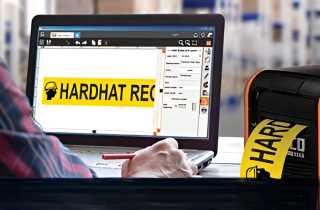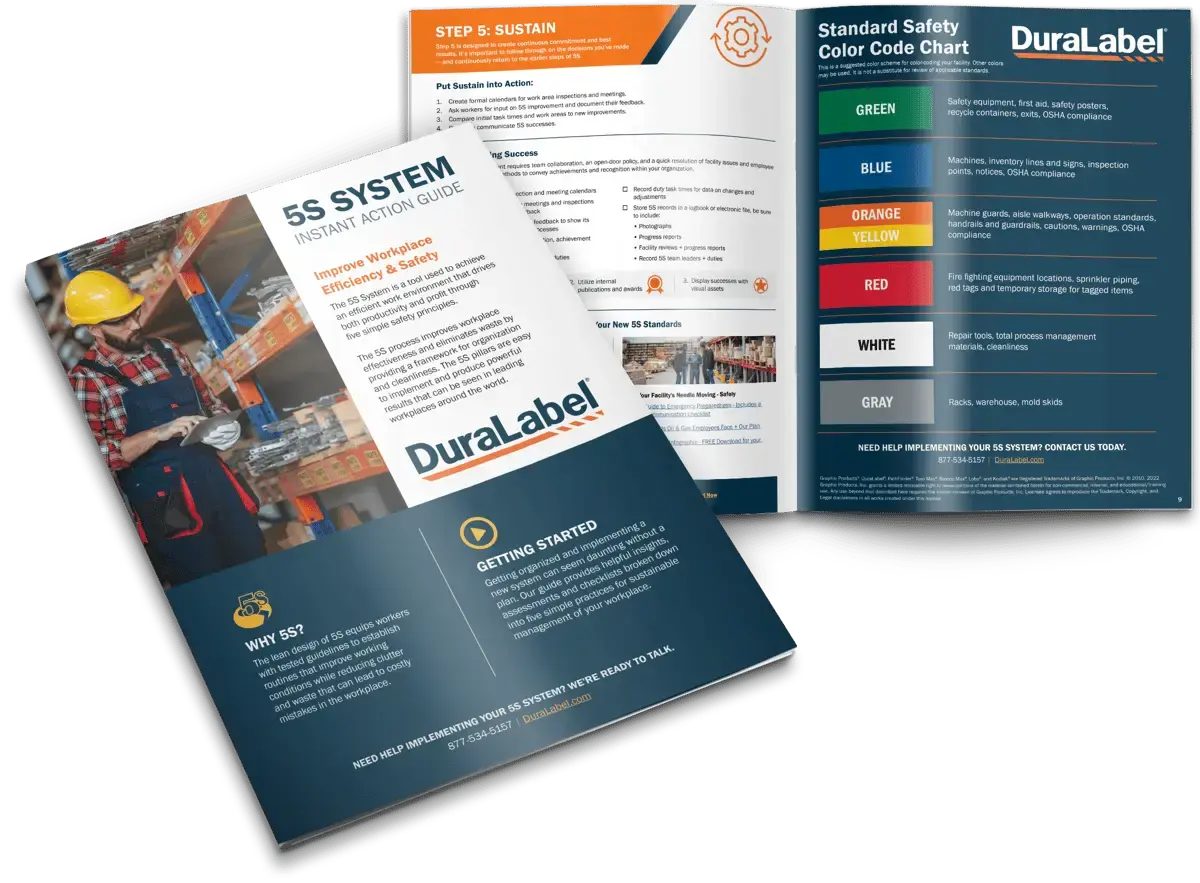11 Tips to Elevate Your Lean Machine

I don't know about you, but when I'm really cooked from the pressures of life, a hot bath, followed by a good book, put me into "dead guy sleep." After dead guy sleep, I always feel much better in the morning.
 When you're living lean manufacturing every day, you start counting every screw that comes down the line, the degree at which one of your people lifts his arm to perform an action and the time it takes to tighten the bathroom fixture (which is time away from being productive). Kind of nightmarish. So when life in the lean manufacturing world starts to get a bit too obsessive, get a good rest and recharge with the advice these experts offer.
When you're living lean manufacturing every day, you start counting every screw that comes down the line, the degree at which one of your people lifts his arm to perform an action and the time it takes to tighten the bathroom fixture (which is time away from being productive). Kind of nightmarish. So when life in the lean manufacturing world starts to get a bit too obsessive, get a good rest and recharge with the advice these experts offer.
Here are 11 tips that are sure to get you back on track, happy and ready for action. Why 11? Because everyone does 10, and we wanted to give 110%.
Don Benson, The Warehouse Coach:
Two themes drive my thinking about lean. It is the building of a culture of continuous improvement -- not a sequence of events. The focus on continuous improvement leads to an environment of continuous learning, active participation in thinking about the work, and relationships with internal and external stakeholders to create a better tomorrow. With these themes, we improve business literacy, break down silos, build capabilities, and improve the viability of the organization and its employees.
Bugs Bunny:
Don't take life too seriously. You'll never get out alive.
Michael Clifton, Killark Electric:
Our company just started Lean/Six-Sigma green and black-belt training. This will provide us with a large pool of lean thinking individuals with the skills needed to review and improve existing processes. We hold monthly kaizen events which focus on various areas for improvement throughout the company with the intent on returning visible and sustainable improvement.
From Chinweike Eseonu, PhD, Oregon State University:
Lean manufacturing comes alive through visualization. A picture is worth a thousand words. Choose a simple process map annotated with resources -- inventory, time, and labor levels -- over copious reports. Use labels, flowcharts, and process maps to specify process steps.
Plywerk (photos printed on bamboo, handmade in Portland, Oregon):
Sanding a bamboo panel adds value to the finished product. Transporting a Plywerk does not add value to the product but does add cost. A good way to think about this is to put place yourself in the customer's shoes and ask if they would be willing to pay for it?
Albert Einstein:
It's not that I'm so smart, it's just that I stay with problems longer.
Kevin Duggan, Duggan Associates:
Teach everyone that the reason to implement a lean flow in manufacturing, the office, and supply chain is simply to see when flow stops. While good companies create flow, great companies know what to do when flow breaks down.
Apriso's Manufacturing Transformation Blog:
Without context, data is meaningless, irrelevant and even dangerous. Effectively harnessing big data for a competitive edge requires a new type of intelligence: contextual intelligence. Applying context to data and delivering intelligence quickly with automated alerts and trigger mechanisms can yield significant competitive edge. The most important thing is giving meaning to data, and making it easy to extract and see the results, which can then be readily acted upon. And meaning comes from applying contextual intelligence to the problem and delivering results.
Ian Watson, a Scottish sheep farmer:
A lot of individual businesses might be using lean thinking techniques for themselves but these failed to pick up on the advantages of linking up with others in the chain. On average, the supply chain can save at least ?10 per lamb through better marketing and the removal of waste and inefficiencies in processing these animals from the farm to the retailer.
Mary Barra, soon to be GM's first female CEO:
Barra cut costs by aligning purchasing and product development, two powerful units that had long been at odds. GM engineers and suppliers found savings by redesigning knee air bags so that they could be used in more vehicles without having to design different dashboards for each model. Some components and subsystems depend on the size of the vehicle, the performance you're looking for. But if you start by questioning ?why can't I have one solution?' then you get engineering thinking completely differently."
Groucho Marx
No man goes before his time -- unless the boss leaves early.
Related Resources

FOCUS PDCA: Your Guide to Systematic Process Improvement
FOCUS PDCA is a management method, developed in the healthcare industry, used to improve processes. Created ...
Read
Kaizen Getting Started
There is more to implementing Kaizen than we can include on a single web page. However, the following serves ...
Read
Kaizen Benefits: Unlocking Continuous Improvement Potential
What Are the Benefits of Kaizen in the Workplace? Thebenefits of Kaizen in the workplacelie in its daily, ...
Read.png)





